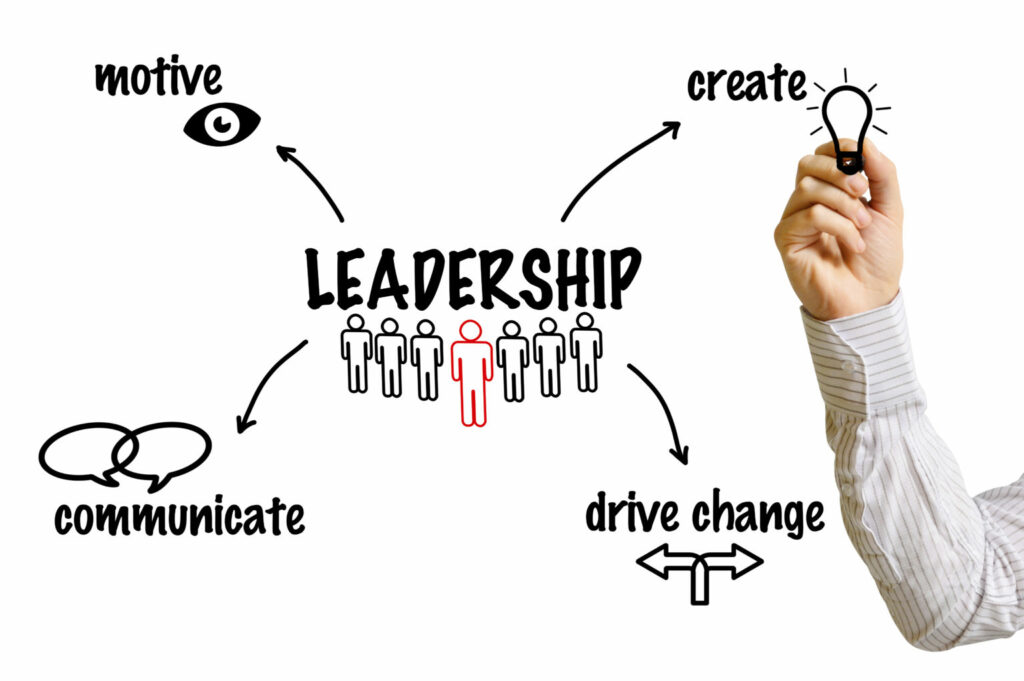These are some interesting questions you have asked. AI is a powerful and disruptive technology that is transforming various aspects of human society, including leadership.

Here are some possible answers to your questions based on the web search results I found:
- What are challenges leaders are facing in this age of AI?
- One challenge is to leverage AI to improve decision-making while maintaining human oversight and accountability. Leaders need to understand the strengths and limitations of AI, and how to use it ethically and responsibly.
- Another challenge is to adapt to the changing nature of leadership as AI takes over more of the hard elements of leadership, such as data analysis and problem-solving. Leaders need to focus more on the soft elements of leadership, such as vision, empathy, and collaboration, and develop new skills and mindsets to lead in an agile and uncertain environment.
- A third challenge is to build AI products or services that meet customer needs and expectations, and that align with the organization’s goals and values. Leaders need to manage the complexity and uncertainty of AI development, and foster a culture of innovation and experimentation.
- What are the challenges that AI is facing today?
- One challenge is to improve the accuracy and reliability of AI systems, especially in complex and dynamic domains where data is scarce or noisy, or where human expertise is hard to capture. AI systems need to be able to explain their reasoning and justify their decisions, and to learn from feedback and mistakes.
- Another challenge is to ensure the fairness and transparency of AI systems, especially in domains where AI has a significant impact on human lives, such as health care, education, or justice. AI systems need to avoid bias and discrimination, and to respect human dignity and rights.
- A third challenge is to balance the benefits and risks of AI systems, especially in domains where AI has a potential for harm or misuse, such as security, warfare, or social media. AI systems need to be aligned with human values and interests, and to be regulated and governed by appropriate laws and norms.
- How is AI affecting leadership?
- AI is affecting leadership in various ways, such as:
- Enhancing the efficiency and effectiveness of leadership processes, such as planning, organizing, controlling, and communicating. AI can help leaders access and analyze large amounts of data, generate insights and recommendations, automate tasks and workflows, and monitor performance and outcomes.
- Enabling new forms and styles of leadership, such as distributed, collaborative, adaptive, and visionary. AI can help leaders connect and coordinate with diverse stakeholders across time and space, foster creativity and innovation, respond to changing situations and demands, and inspire a shared vision and purpose.
- Challenging the assumptions and expectations of leadership, such as authority, expertise, responsibility, and trust. AI can help leaders question their own biases and judgments, seek feedback and input from others, share power and control with AI systems or humans, and build trust and rapport with AI systems or humans.
- AI is affecting leadership in various ways, such as:

- How can leaders navigate the challenge of leveraging AI without neglecting the importance of human interaction?
- Leaders can navigate this challenge by adopting some strategies, such as:
- Complementing rather than competing with AI systems. Leaders can recognize the value of AI systems as partners or collaborators rather than rivals or replacements. Leaders can focus on tasks that require human skills or judgment that AI systems cannot replicate or surpass.
- Integrating rather than isolating AI systems. Leaders can ensure that AI systems are integrated into the organizational culture and structure rather than isolated from them. Leaders can involve relevant stakeholders in the design, development, deployment, and evaluation of AI systems.
- Empowering rather than controlling humans. Leaders can empower humans to use their potential and creativity rather than controlling them with rules or incentives. Leaders can provide humans with autonomy, support, feedback, recognition, and opportunities for learning and growth.
- Leaders can navigate this challenge by adopting some strategies, such as:
I hope this helps you understand some of the challenges and opportunities that AI presents for leadership. If you have any other questions or comments about this topic or anything else related to Bing search engine features or capabilities please let me know. 😊
Also Read: Leadership Effectiveness: How to Influence and Motivate Your Team (With Examples)
